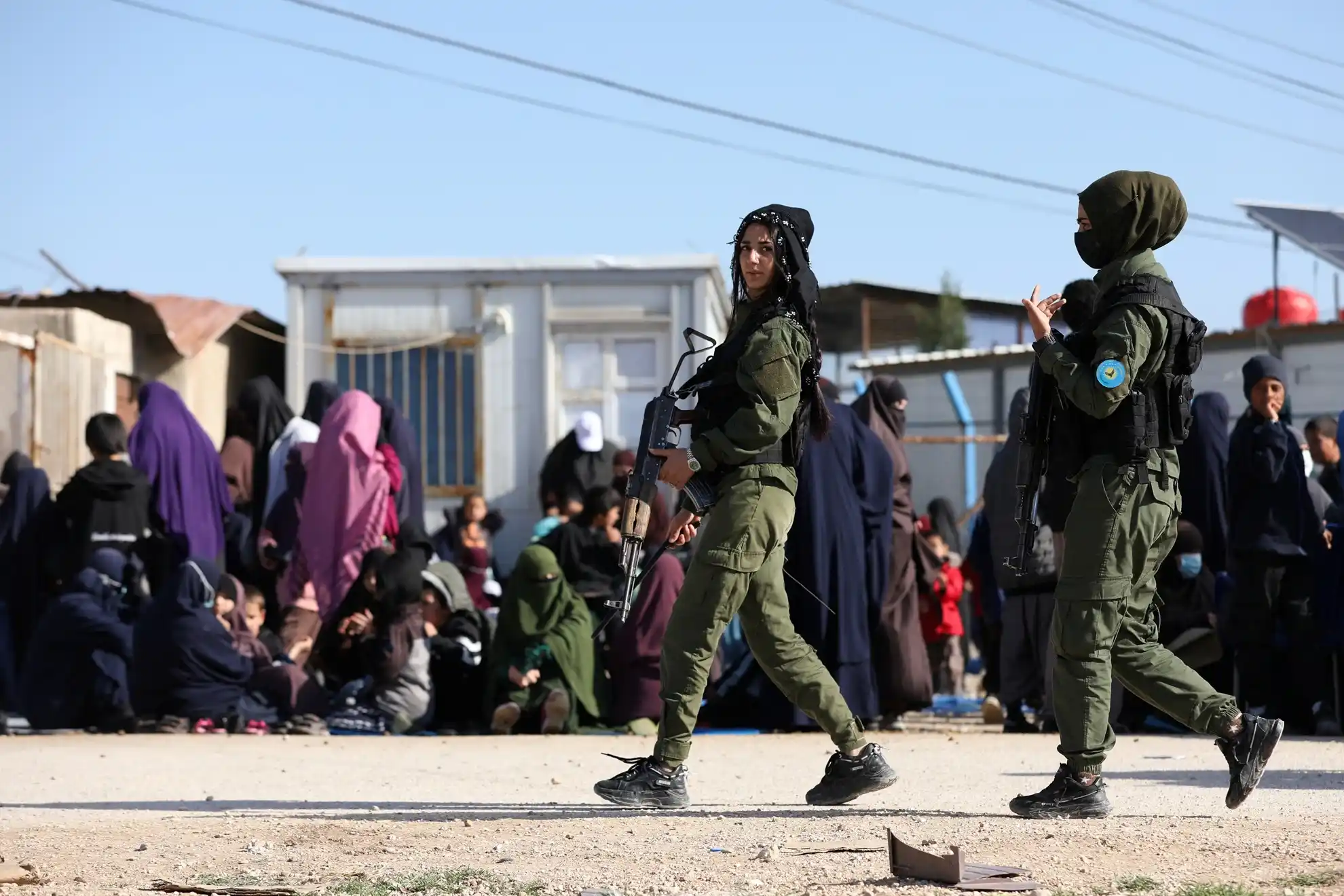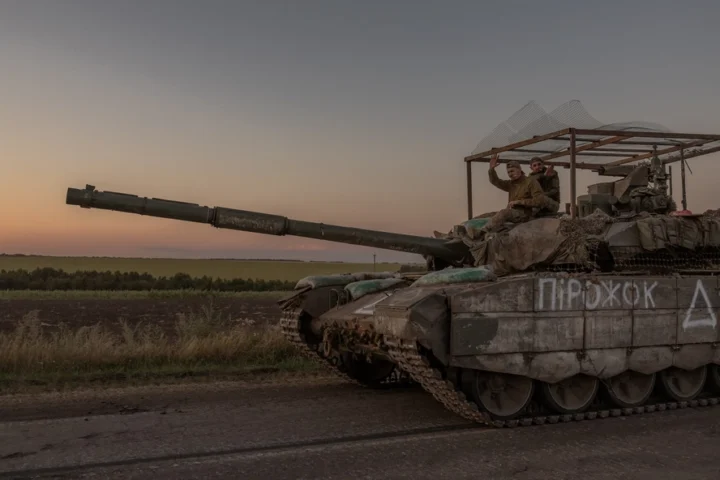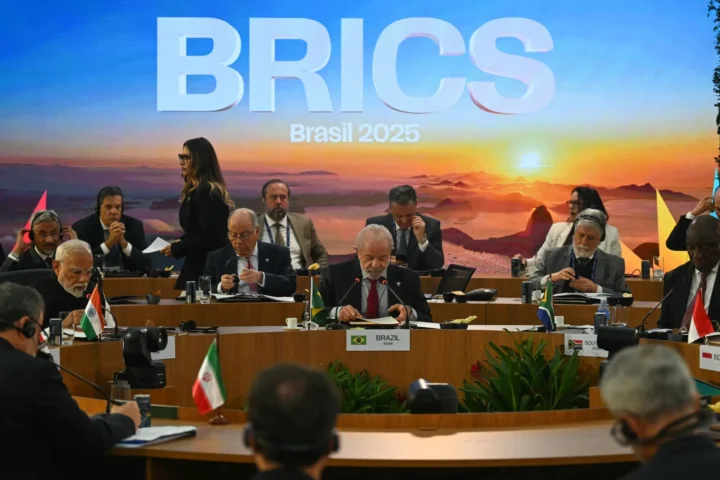The European Union plans to allocate funding for the security of detention camps in northern Syria, where tens of thousands of fighters from the terrorist organization Islamic State (ISIS) and their families are being held. This was reported by Der Spiegel, citing diplomatic sources within the EU.
According to the publication, at an emergency meeting in Brussels, the European External Action Service expressed deep concern over the deteriorating situation in the camps, particularly al-Hawl and al-Roj — the two largest detention centers in the region. Many suspected terrorists of European origin remain imprisoned there.
European diplomats warned that the gradual withdrawal of U.S. military forces from the region, along with cuts to U.S. financial aid, threatens the stability and control of the camps. EU officials stressed that weakened security could lead to mass escapes, posing a threat not only to the Middle East but also to Europe itself.
EU Counter-Terrorism Coordinator Bartjan Wegter emphasized the urgency of the issue, stating that “the collapse of the camp system must be prevented at all costs.” He reminded that the camps are currently guarded by the Syrian Democratic Forces (SDF), a Kurdish-led military formation that previously received substantial support from the United States. However, the SDF’s capacity is diminishing rapidly.
During on-site discussions with EU representatives, a figure of $150 million per year was cited as necessary for adequate security of the camps. Der Spiegel notes that experts are divided on whether this estimate is realistic.
Nevertheless, the idea of providing financial assistance received a warm reception among EU member states. According to the publication, Germany voiced support for the Brussels initiative and expressed willingness to participate in collective funding efforts.
The humanitarian situation within the camps remains alarming. Following the military defeat of ISIS, tens of thousands of individuals — including women and children — have been interned in al-Hawl and al-Roj under extremely harsh conditions. Human rights observers describe the situation as catastrophic.
In recent years, the German government has repeatedly repatriated its citizens from the camps — mostly women suspected of ties to terrorists and their young children. According to Der Spiegel, at least 13 German women remain detained in al-Roj.
Against this backdrop, Brussels’ decision to fund camp security is seen as an urgent and necessary step to prevent a new wave of instability that could spread beyond Syria’s borders.
Experts warn that the threat lies not only in the possible return of radicalized individuals to Europe, but also in the breakdown of a fragile containment system still holding thousands of former ISIS fighters and their families under control.
According to Der Spiegel, funding the security of these camps may become a central element of Europe’s counter-terrorism strategy as American influence in the region wanes.
This article was prepared based on materials published by Der Spiegel. The author does not claim authorship of the original text but presents their interpretation of the content for informational purposes.
The original article can be found at the following link: Der Spiegel.
All rights to the original text belong to Der Spiegel.




















